Last Updated on August 5, 2021

PLOT: The story of Steve Jobs, the difficult genius who founded Apple, had it taken away from him, then won it back.
REVIEW: JOBS is a moderately engaging but unenlightening biopic done in broad strokes; a by-the-numbers look at a man who was anything but. Sometimes it feels as if the film is reaching for THE SOCIAL NETWORK’s heights of stylishly dramatizing a technological revolution while examining the complex, frustrating figure behind it, but both the film’s director and star aren’t quite up to the task.
Ashton Kutcher, you probably know, plays Steve Jobs. It’s an acceptable performance of little range; neither a home run nor an embarrassment. Based on his portrayal, we’re led to believe that Jobs – at the height of his innovation – only had two modes: calm determination and irrational anger. I have to believe that was not the case with the actual man, but director Joshua Michael Stern and Kutcher don’t necessarily plumb the depths of the man’s psyche to our satisfaction; we never really understand what makes him tick, we just know that he ticks loudly.

Intriguingly enough, Kutcher isn’t really miscast, at least not in the film’s early passages, where Jobs, recently dropped out of college, is depicted as an arrogant cad who cheats on his girlfriend, takes drugs and doesn’t play well with others. As a technician at Atari, Jobs feels well above the rest of his colleagues, intent on starting his own business and being his own boss. He ultimately enlists friend and fellow genius Steve Wozniak (a very good Josh Gad) to help him design a personal computer, perfunctorily calling it the Apple and embarking on a mission to put one of these things in every home in the world.
Jobs and Wozniak work out of their garage with a ragtag bunch, building motherboards and seeking money to found a corporation. They’re eventually found by Mike Markkula (Dermot Mulroney), an investor who used to work at Intel. Markkula is able to get the guys started with a sizable amount of money, which leads to the creation of the Apple II.
JOBS then skips forward quite a bit to where Apple is already the second biggest computer company in the world. (It actually might have been interesting to see how exactly it reached that height, but the movie impatiently wants to get to the SOCIAL NETWORK-esque backstabbing stuff.) We see Jobs toils over risky failures (the “Apple Lisa” of the mid-80s, Apple’s biggest disaster) and confront the authority he so disdains. He now has a board of investors to deal with (led by the always reliable J.K. Simmons) and a CEO who gets too big for his britches (Matthew Modine). He’s eventually pushed out of his company by these entities, but the impact of that isn’t felt very strongly because we first watch as Jobs rather dismissively denies a piece of the company to the very friends who helped him found it. (Wozniak remains by his side, but we can tell from his mournful glances at Steve that he’s disappointed in the man’s actions.)

JOBS deserves credit for refusing to sugarcoat its subject’s temperamental nature: the Steve Jobs we see here is not a very nice person; he dresses down employees in public, he throws his former best friend (Lukas Haas) by the wayside, and at one point he refuses to acknowledge the existence of his own daughter. Kutcher is able to make the man’s rather surprising ugliness come to life in the most intense scenes, where he very deliberately and sternly makes someone feel like crap, and the actor has also obviously worked very hard to mimic some of Jobs’ physical traits, like his lurching walk or the way he folds his hands.
That said, he doesn’t disappear into the character. This is especially true during the third act, when Jobs’ has several moments of tearful resignation, and they’re simply unconvincing. Kutcher, try as he might, just can’t rise to the occasion of making us believe he’s crying or having an epiphany.
But Kutcher’s performance aside, JOBS still can’t make the man any clearer to us at the end of the day; it certainly doesn’t make him a sympathetic figure. The movie’s Rise and Fall and Rise Again structure is to be expected, but exactly who was Jobs and why did he act this way? There’s a brief mention of the fact that he was adopted, but that’s not sufficient. THE SOCIAL NETWORK made a case for Mark Zuckerberg’s severe inferiority complex and petty jealousy, but JOBS never cracks the mystery of the Mac’s creator. That holds the film back more than Kutcher’s limited performance.








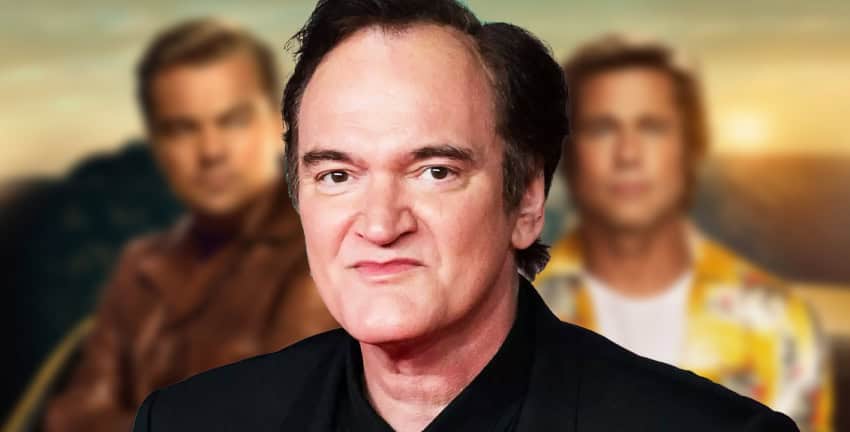
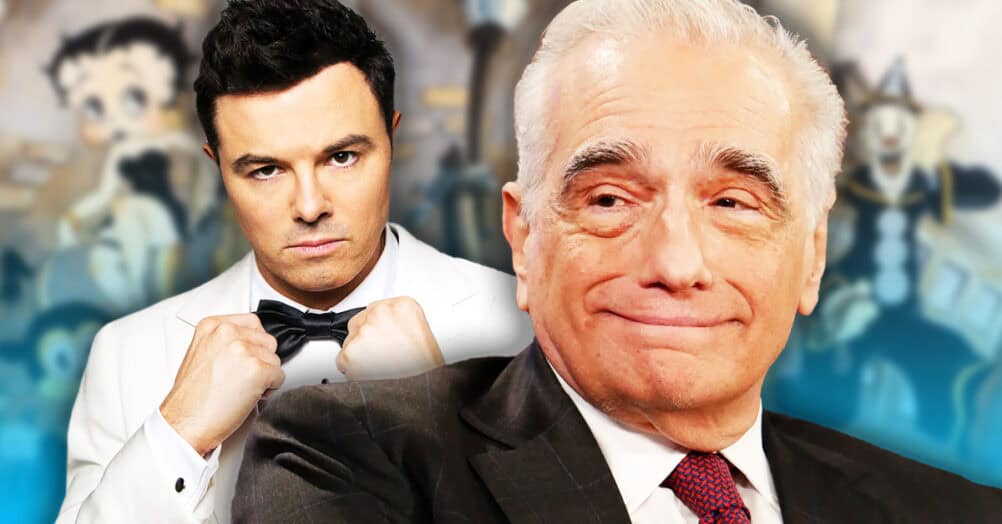
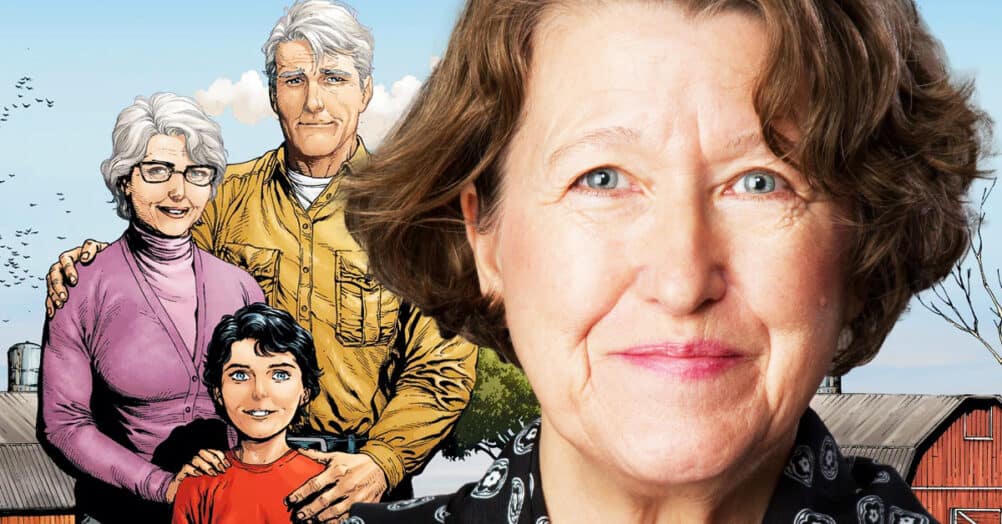

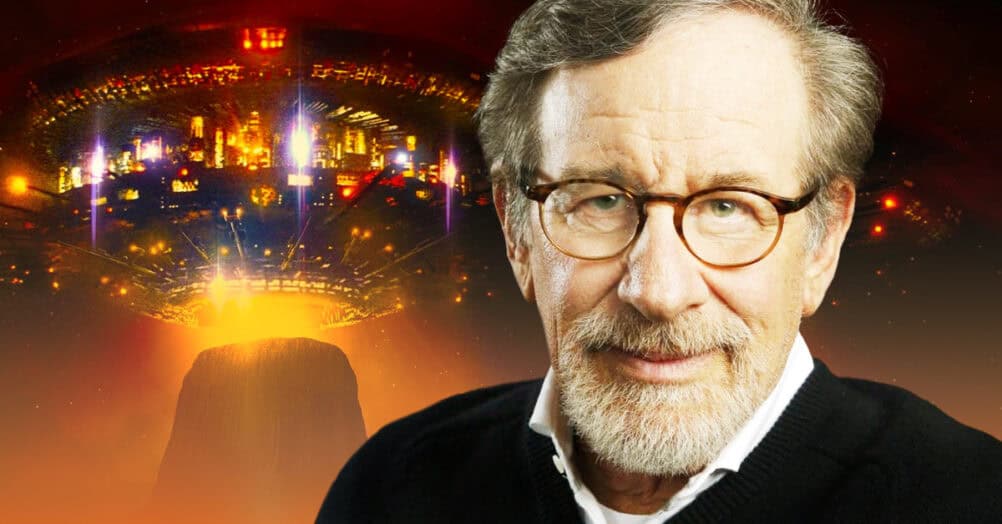
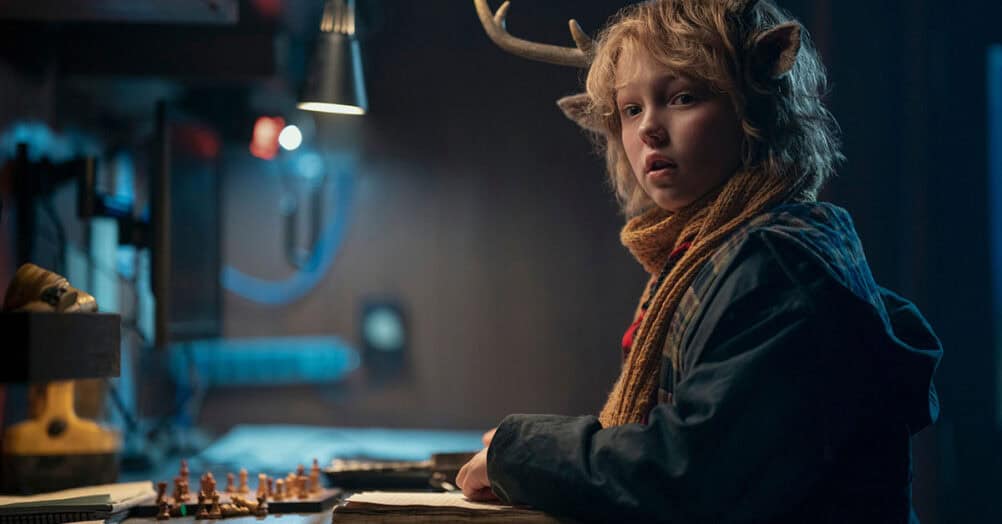

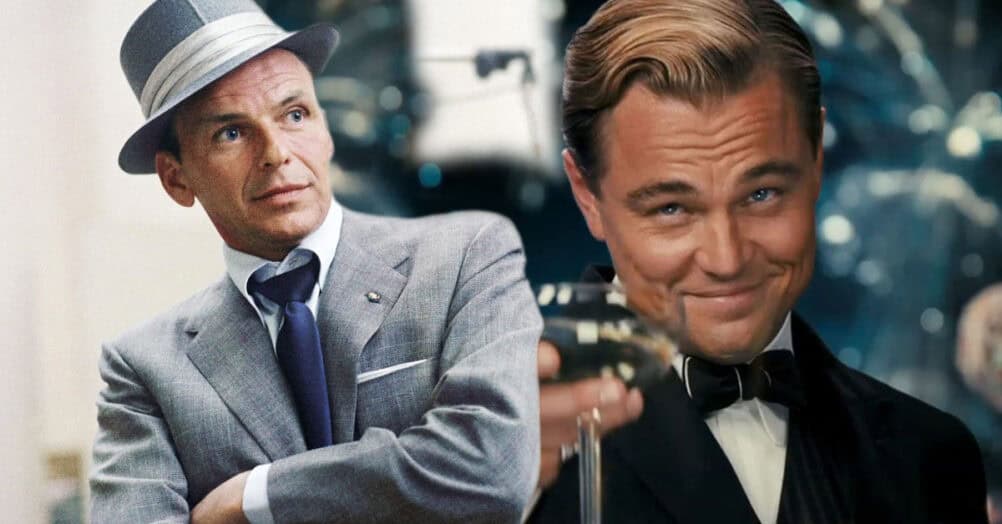
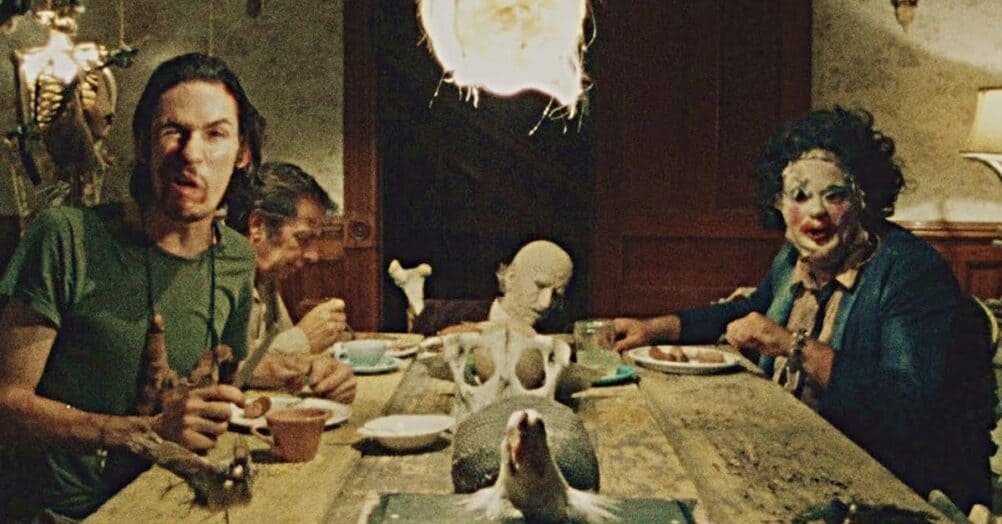
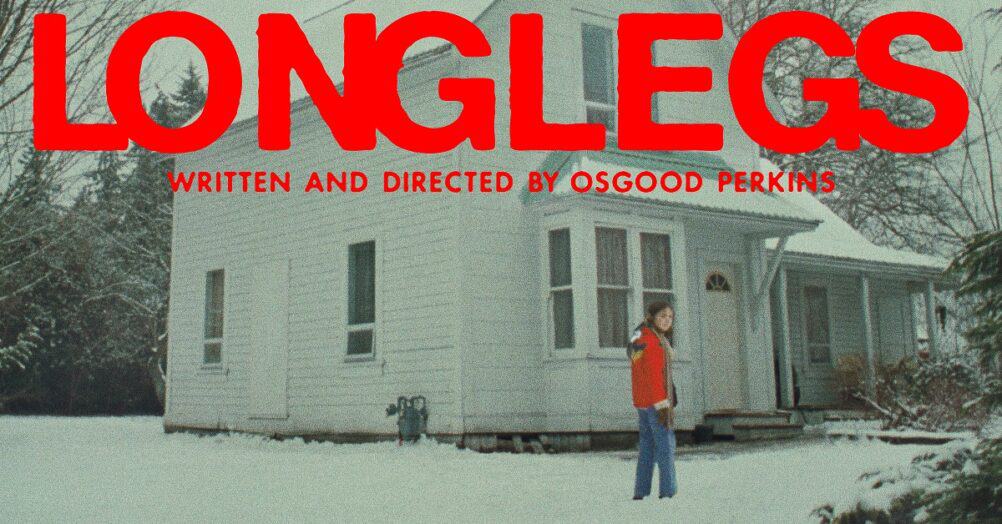
Follow the JOBLO MOVIE NETWORK
Follow us on YOUTUBE
Follow ARROW IN THE HEAD
Follow AITH on YOUTUBE